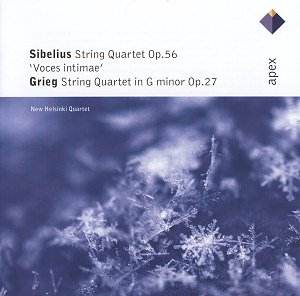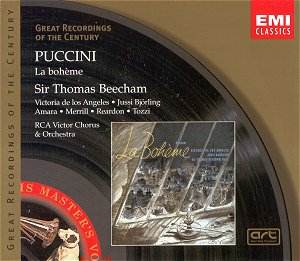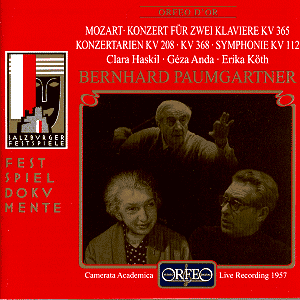 Composer: Edvard Grieg
Composer: Edvard Grieg
Works: String Quartet in G minor, Op. 27; Jean Sibelius: String Quartet, Op. 56, ‘Voces intimae’
Performers: New Helsinki String Quartet
Recording: Recorded at Sigyn Hall, Finland, September 1997. [DDD]
Label: WARNER APEX 0927-40601-2
Edvard Grieg and Jean Sibelius emerge as two towering figures in the Nordic music landscape, each carving out unique identities within the broader Romantic tradition. Grieg’s String Quartet in G minor, Op. 27, composed in the late 1870s, captures his penchant for folk elements intertwined with classical form, while Sibelius’s String Quartet, ‘Voces intimae,’ written in 1909, showcases a more introspective and modernist approach. The New Helsinki String Quartet’s recent release juxtaposes these works, offering a compelling dialogue between two contrasting yet complementary voices of Scandinavian music.
The New Helsinki String Quartet presents Sibelius’s ‘Voces intimae’ with a notable precision that reflects both the textural complexities and the emotional depths inherent in the score. The first movement establishes a tight compositional thought, characterized by intricate counterpoint and a rich interplay of voices. The ensemble’s tuning is exemplary, allowing the harmonic subtleties to resonate fully. The spectral opening of the second movement is executed with an ethereal quality, drawing the listener into the sound world that Sibelius so meticulously crafts. Particularly striking is the Adagio di molto, where the quartet navigates the flowing melodic lines with an admirable sense of legato, avoiding any tendency towards turgidity, thus enhancing the movement’s inherent lyricism. The rustic vigor of the fourth movement, marked Allegretto ma pesante, reveals the ensemble’s ability to balance the weightiness of the material with a vibrant spirit, embodying the Sibelian ebb and flow with both confidence and finesse.
Turning to Grieg’s String Quartet, the New Helsinki Quartet again impresses with their vigorous approach. Written shortly after the premiere of Peer Gynt, Grieg’s Op. 27 is notable for its experimentation within the chamber music genre, a precursor to certain elements found in Debussy’s later works. The ensemble captures the essence of this exploration, particularly in the Romanze, marked by delightful turns of phrase that highlight Grieg’s lyrical gifts. The finale, Presto al Saltarello, is a lively galop that, while engaging, could embrace a touch more exuberance to fully convey its joyous character. The quartet’s interpretation, however, successfully reflects Grieg’s duality of folk simplicity and rich harmonic language, yielding a performance that resonates with both vigor and authenticity.
Recording quality plays a pivotal role in this release, and the engineering captures the nuances of the performance effectively, allowing for a clear delineation of the individual voices within the ensemble. The acoustic of Sigyn Hall enhances the sonority without overwhelming the intimate character of the quartets. This recording benefits from the clarity of the sound, which aids in conveying the various textural layers of both works, making it a worthwhile listening experience.
When comparing this recording with other interpretations, such as those by the Budapest Quartet, the New Helsinki Quartet offers a modern and assertive perspective on these works. Their performances stand out not only for their technical prowess but also for their interpretative choices, which breathe fresh life into these established pieces. The historical context of each work is respected, yet the New Helsinki Quartet injects a sense of urgency and relevance that speaks to contemporary audiences.
The New Helsinki String Quartet’s recording of Grieg and Sibelius is a commendable addition to the chamber music repertoire. Their confident and forthright performances illuminate the strengths of both composers, offering listeners a rich tapestry of sound and emotion that showcases the best of Nordic music. This release is not merely a revisit of familiar works but rather a celebration of their enduring power, making it an enriching experience for both aficionados and new listeners alike.



